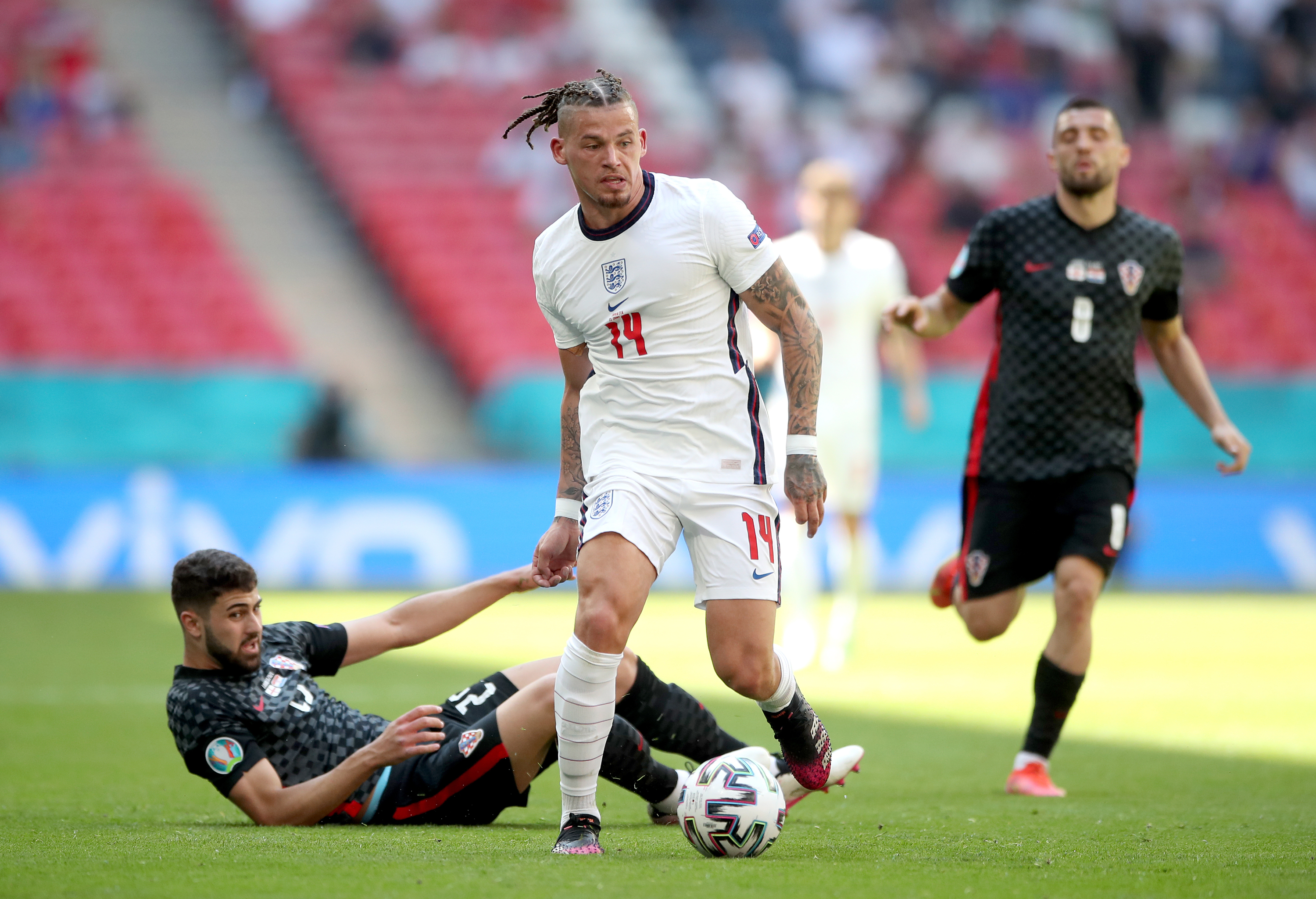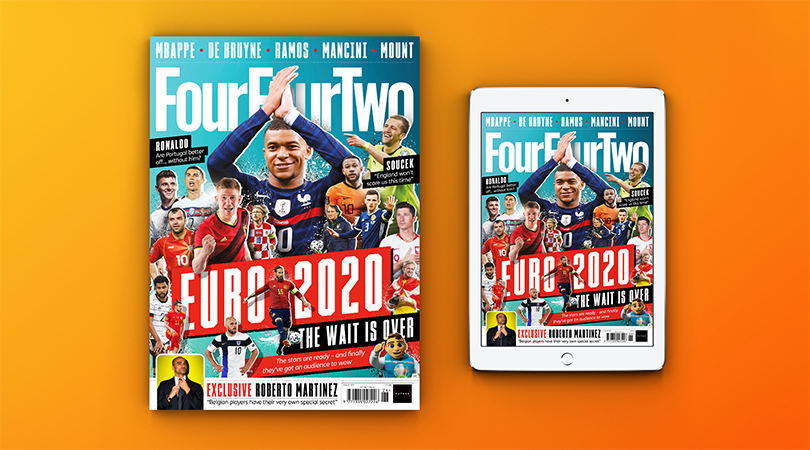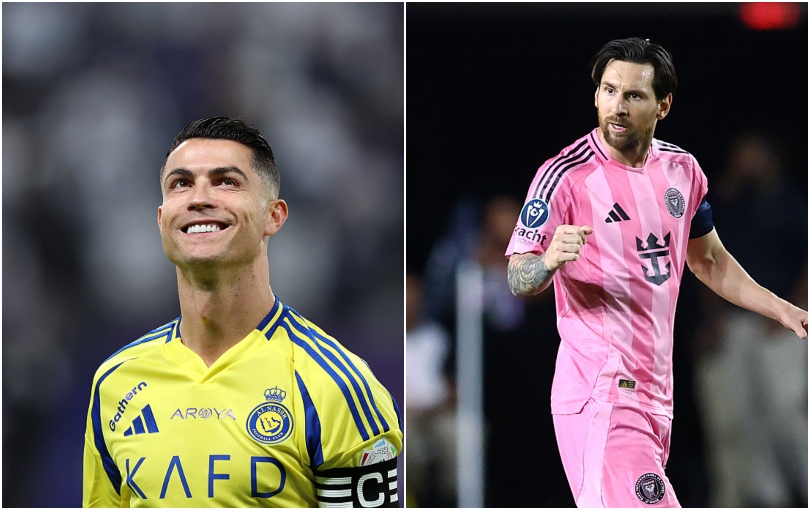England's talent system: How Euro 2020 has been shaped by the EFL
The EFL has been responsible for producing many of the players at Euro 2020 - and not just in the England squad

When Kalvin Phillips made his England debut, he had already played 165 league games. All for Leeds United and all in the Championship. He had faced Burton and Rotherham but not Manchester United or Manchester City. If Leeds were a Premier League club by then – they faced Liverpool a few days later – Gareth Southgate might have picked Phillips in the spring of 2020 had there been international football then.
SPAIN SQUAD The complete line-up for Euro 2020
Phillips has been described as a triumph of Marcelo Bielsa’s coaching, and he is; the paradox in the Yorkshire Pirlo’s man-of-the-match performance against Croatia was that he was more the Yorkshire Jordan Henderson, revisiting his past as a No. 8, rather than the holding midfielder he became under the Argentinian.
But he is also a triumph of the Football League. The 2018-19 play-offs featured Tyrone Mings, Mason Mount and Phillips, all for different clubs, all of whom could savour their major tournament debuts, plus Sunday’s unused substitute Jack Grealish. Mount represents one pathway, of the academy product given an education in loan spells. Mings took a very different route, the man who dropped into non-league with Yate Town and Chippenham Town and worked his way up, albeit only becoming a Premier League regular after a second stint in the Championship. Then there is Phillips; maybe, but for Bielsa, he would just have had a career as a second-tier stalwart but he offers proof that the Championship has plenty of sizeable clubs in areas that produce players. Leeds were a case in point in their long exile: now Birmingham are and their youngest ever player, Jude Bellingham, became the youngest in the history of the European Championships.

Then there is Kieran Trippier, who created the most chances in the last World Cup; the best crosser in the Championship in 2013-14 served as another advertisement for the Football League. Plenty did in the team of 2018 – Dele Alli, Ashley Young, the serial loanee Jesse Lingard – and even with the emergence of a new generation, plenty still do. The starting 11 against Romania made more appearances in the Championship than the Premier League in 2018-19.
A day before Phillips starred, two current Championship players combined. Luton’s Joe Morrell crossed for Cardiff’s Kieffer Moore to head in Wales’ equaliser against Switzerland. From Andy Robertson to John McGinn to Che Adams, Scotland owe their own debt to England’s second tier.
Plenty of others do too. If it still feels incongruous that Ruben Neves spent a season slumming it in the Championship after captaining Porto in the Champions League, Euro 2020 is littered with graduates of the division, from Kasper Schmeichel to Teemu Pukki to Adama Traore to Matej Vydra. It has been a two-way process: they have improved it and it has often benefited them. There is a subsection of Bielsa pupils, whether Mateusz Klich or Gjanni Alioski, and if that illustrates that the division has the financial and footballing pulling power to attract high-class coaches, international football is serving as an endorsement of the EFL.
Get FourFourTwo Newsletter
The best features, fun and footballing quizzes, straight to your inbox every week.
It illustrates the strength in depth of the English game; the dynamics of football in this country are such that there are invariably a host of clubs outside the Premier League with enviable histories, identities, fanbases and youth systems. Its ethos of speculating to accumulating can both be financially unsound but also attracts terrific imports, and fuelled by the spending that means virtually everyone makes annual losses, Championship clubs often call upon resources their second-tier peers can only covet. Famous for its drama, it contains plenty of quality and potential. There is a knock-on effect from the Premier League, both in terms of parachute payments and in the displacement of some English players at elite clubs; the Championship has benefited as talent has come down a division. Some, like John Stones, began lower down and were fast-tracked to the Premier League but there are many others – Phillips, Mings and Trippier among them – who were not earmarked for such eminence at every step along the way but who became Southgate’s meritocrats.
A division that is often camouflaged by the Premier League’s glamour, especially after a season when standards in the Championship dropped, has helped develop them; the competitiveness that is part of its allure has given them a grounding to succeed. They had to excel often to progress. Many are admirable models of self-improvement. The system can be imperfect – it was far from ideal when it seemed the three relegated clubs would all return to the Premier League, while the division could be shorn of some Pukki-esque pieces of inspired recruitment by regulations for work permits after the departure from the European Union – but it has been pivotal to the England team and the wider success of top-flight clubs in recent years; just consider Champions League winners Mount and Robertson.
The sight of the Football League’s finest on the international stage should serve as a reminder of how morally wrong the Super League was. That many players who have served an apprenticeship at clubs outside the elite spoke out against it showed they have a greater understanding of the wider pyramid. And Kalvin Phillips, who won Sunday’s midfield battle against Real Madrid’s Ballon d’Or winner Luka Modric, indicates its enduring importance.
Subscribe to FourFourTwo today and get a FREE England Euro 96 shirt!
NOW READ
FOR YOUR HOME Euro 2020 wall chart: Download free with full schedule, fixtures and dates
REFS Euro 2020 referees revealed: who are they, how were they selected and will VAR be in use?
Richard Jolly also writes for the National, the Guardian, the Observer, the Straits Times, the Independent, Sporting Life, Football 365 and the Blizzard. He has written for the FourFourTwo website since 2018 and for the magazine in the 1990s and the 2020s, but not in between. He has covered 1500+ games and remembers a disturbing number of the 0-0 draws.

